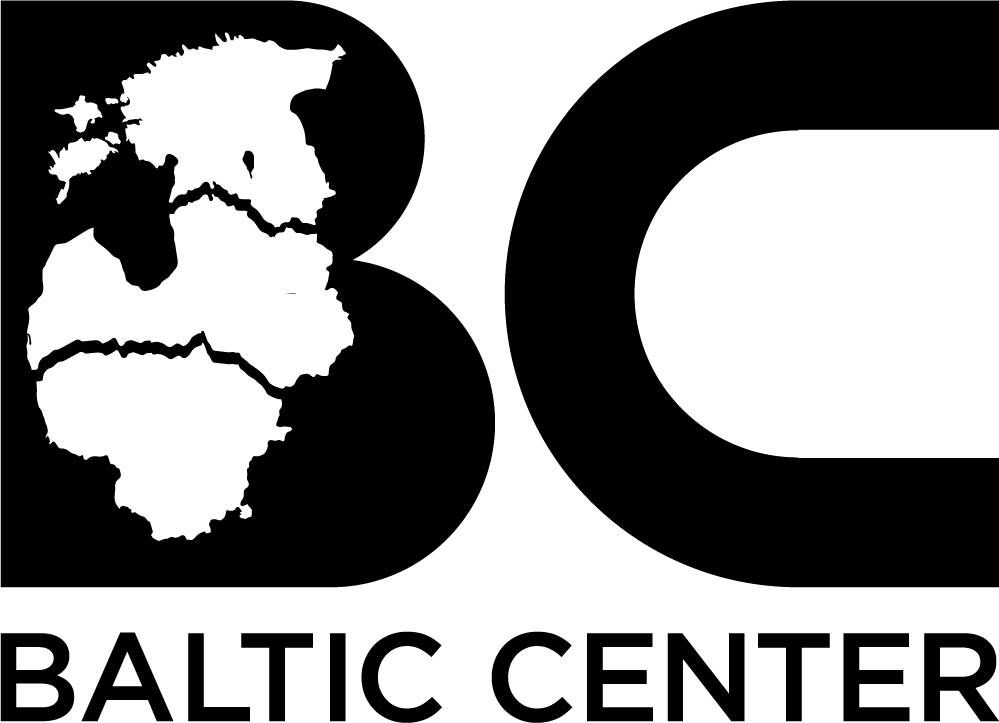EDUCATION
IN THE BALTIC STATES
You will study in a cozy and safe city by the sea, full of historical events and beautiful architectural buildings. You will be able to travel all over the world as there is an international airport very close by.
UNIVERSITIES IN
BALTIC COUNTRIES
BALTIC COUNTRIES
Universities
Colleges


EDUCATION
LEVELS
LEVELS
Level
PRELIMINARY

Level
BACHELOR DEGREE

Level
MASTER DEGREE

PHD

The first level of education is designed for two years and comprises 90 ECTS. This level is designed to train specialists in a wide range of subject areas. Upon graduation, the student receives professional education corresponding to the diploma of the first level.
The second stage of the course is designed for four years of study and comprises 180 ECTS. Upon graduation, the student receives a higher education equivalent to a second level diploma (Bachelor).
Study abroad in master's programs takes between 1 and 2.5 years. The master's degree you earn will allow you to apply for higher positions and salary levels, and will also allow you to continue your doctoral studies. The education is available full-time, part-time and as distance learning.
Education in PHD programs takes about 3 years. The average number of credits is 180 ECTS. The program may include: Research activities (work on a dissertation); compulsory subjects related to the methodology of scientific work, quantitative and qualitative research; elective subjects.
Level
TYPES OF
EDUCATION
EDUCATION
Full-time education

Correspondence form of study

Distance learning

You will study in a cozy and safe city by the sea, full of historical events and beautiful architectural buildings. You will be able to travel all over the world as there is an international airport very close by.
The correspondence form of education offers students the opportunity to work while receiving a higher education. This form of education is always done on a paid basis. Students acquire all the material on their own, attending classes on weekends or late at night.
Education takes place online, via Internet technologies and other means of interactive communication. The main difference with distance learning is the creation of an individualised curriculum. A student can seek guidance from their instructor on topics of interest via the internet, phone, etc. A diploma of completion for a distance learning programme is no different from that of a regular degree programme.
We are happy to help you choose a university, course or form of study. Just leave a request and we will contact you.
Uzbekistan, Tashkent
Bunyodkor 15, 100043
+998909431158
+998931801158
Bunyodkor 15, 100043
+998909431158
+998931801158




Reg №: 50103687141
